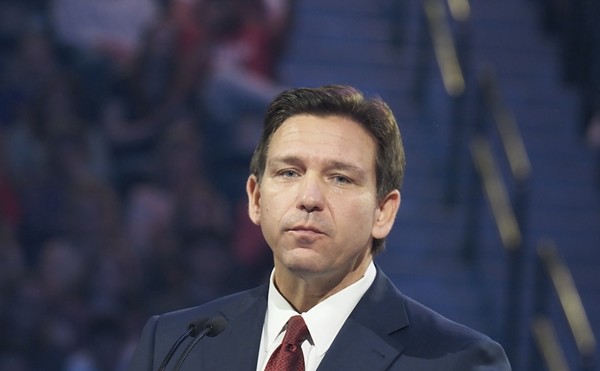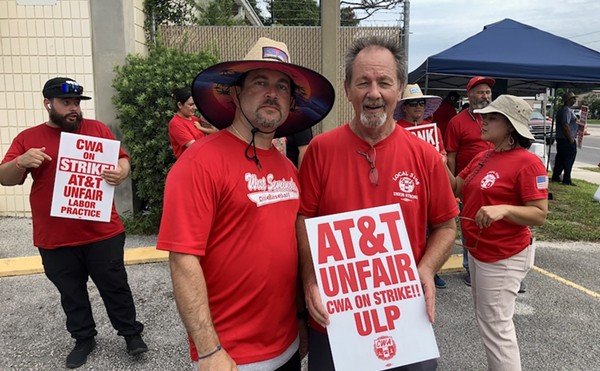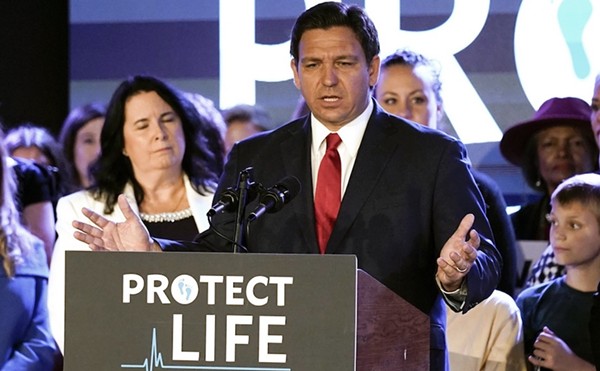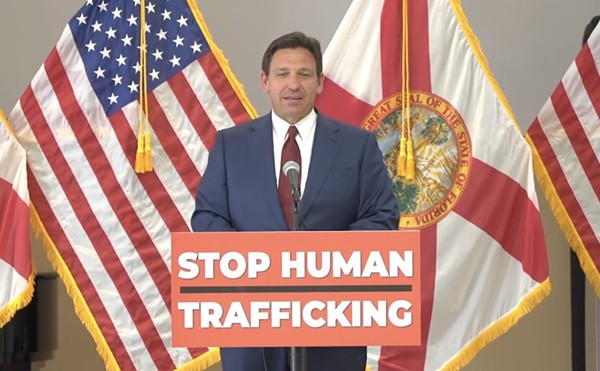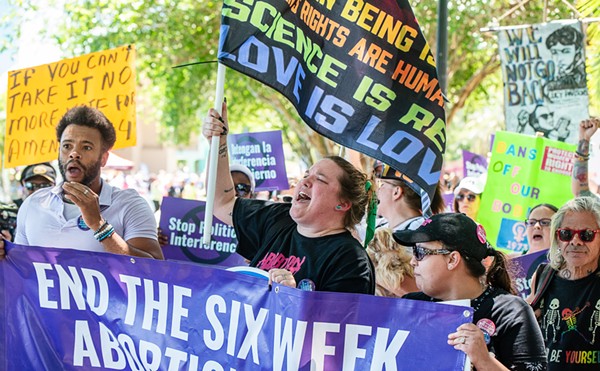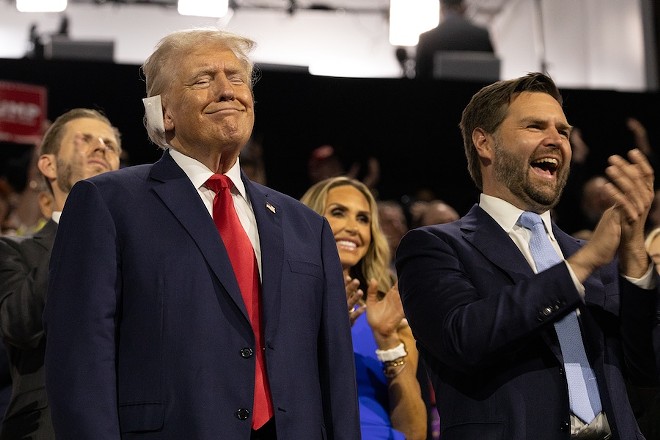
¶ JD Vance's anger toward educators is bad for families
J.D. Vance's angry, hurtful comments that teachers who don't have children "disorient and really disturb" him are consistent with his long history of attacking families and public schools.
Teachers, teacher aides, paraprofessionals, school nurses, bus drivers, cafeteria workers, janitors, librarians, social workers, counselors and dozens of other essential school employees work every day to help kids learn and grow. So often they pay for supplies for children out of their own pockets to make sure they have what they need.
Vance doesn't seem to understand that being an effective educator and not having biological kids are completely unrelated. I support our educators because they support our kids, and it's upsetting that Donald Trump and J.D. Vance have such anger and disdain for people who do not share their views.
Enough is enough. We have more in common than what divides us, and that's why I am excited for the hopeful vision Kamala Harris and Tim Walz have for our families and the future of our great nation.
— Reginald Vinson, Altamonte Springs
¶ The Supreme Court and Florida's social media laws: An excellent decision
Do we consider Facebook, X, Instagram and TikTok newspapers? Editorial mediums? Free-speech platforms? Public space?
Florida Attorney General Ashley Moody and the opposing counsel, NetChoice LLC, argued this question last month. Moody defended Florida laws that protected conservative speech online, and upon being challenged in the court, failed to win over the justices in a heated litigation. These laws would prohibit social media companies from removing some conservative posts, and under Florida statutes, reduce "censorship."
To understand this case we must understand how social media companies filter their content: "Third parties," or anyone who uses social media apps, make content in the form of online posts. These posts are sometimes restricted if the company agrees it's harmful to other users or unfit for the "content stream." As summarized by Oyez.com, "[social media companies] curate and edit the content that users see, which involves removing posts that violate community standards and prioritizing posts based on various factors."
NetChoice summarized their argument simply: "Content moderation should be understood as an expressive editorial activity afforded stringent First Amendment protection." In removing "overly conservative" posts, social media companies are either, according to Moody, censoring free speech, or according to NetChoice, expressing free speech, and it all depends on what they are. If they were private companies, which is what the court decided, they are entitled to the same First Amendment rights as you and I.
Lawrence Lessig of Harvard, Tim Wu of Columbia, and Zephyr Teachout of Fordham don't think so. They argued "[Facebook, Twitter, Instagram, and TikTok] are not space-limited publications dependent on editorial discretion in choosing what topics or issues to highlight. Rather, they are platforms for widespread public expression and discourse. They are their own beast, but they are far closer to a public shopping center or a railroad."
This comes as shocking: These professors are liberal, so naturally, they would be opposed to laws protecting conservatism. But they see social media companies as more than private: They see them as vehicles in need of government intervention to protect the common good. This is how this case crosses ideological lines.
For three reasons, I affirm the Supreme Court's unanimous decision to prohibit government intervention in private companies.
First, the role of the Supreme Court is to interpret the Constitution. This case considered Florida's First Amendment protections. They ruled, however, that government intervention in a private company — no matter how big — is unwarranted. Florida, in attempting to protect the rights of conservatives, sacrificed the rights of others, sacrificed the rights of private companies that should have the ability to moderate their platform without intervention from the federal government. I completely and wholeheartedly agree with this stance — preserving the distinction between private and administrative spheres is necessary for a functioning democracy.
Second, without considering precedent, let us dive into politics. An inherent contradiction arises, almost a legal cognitive dissonance, on the conservative side in this case. They want to protect the First Amendment by eroding it. They want to limit government intervention, as traditional conservatives do, by increasing it. Proponents of private entities want to erode the notion of what it means to be private, going against the foundation of their ideology.
Finally, we ask the question: How big is too big a company? At what point does a social media company have too much influence? At what point does a social media company deserve First Amendment restriction? How is it fair that some private companies, started by private citizens, have to worry about First Amendment infringement?
These questions can't be answered. They simply establish the idea that there could never be a point at which the courts could restrict a private entity. An argument could always be made that a corporation is overly biased in content moderation. Similarly, an argument could always be made that the influence of "X" company is not enough to levy government restrictions. In this way, a numerical measure like a certain level of earnings of a private business or an amount of content deemed "biased" could never be made to place government restrictions in the private sector. Similarly, what we deem "conservative" — thus needing government protection from "biased" removal — is arbitrary.
The Supreme Court issued the right decision, and the lower courts will follow their lead. We must savor the moments to praise the court, and this is one of them.
— Julius Olavarria, Orlando
Subscribe to Orlando Weekly newsletters.
Follow us: Apple News | Google News | NewsBreak | Reddit | Instagram | Facebook | Twitter | or sign up for our RSS Feed




